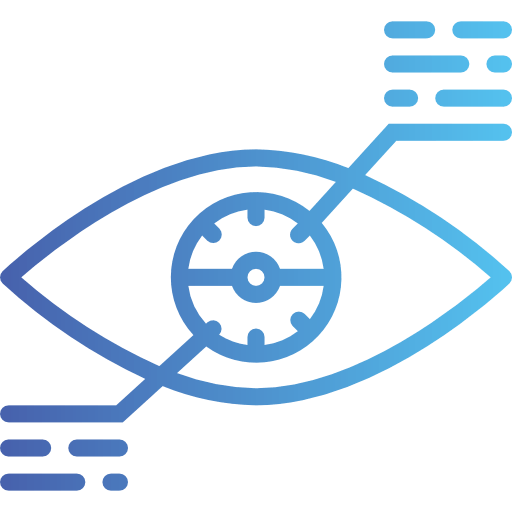“I saved £300 on my laser eye surgery at Optical Express when I booked through Right Clinic and now I never have to wear glasses again. Thank You!"
Jayne Blake
Cardiff
"After comparing all the clinics I decided to just go for it! I booked my consultation through Right Clinic and got a better price than if I'd gone direct."
David Flynn
Manchester















